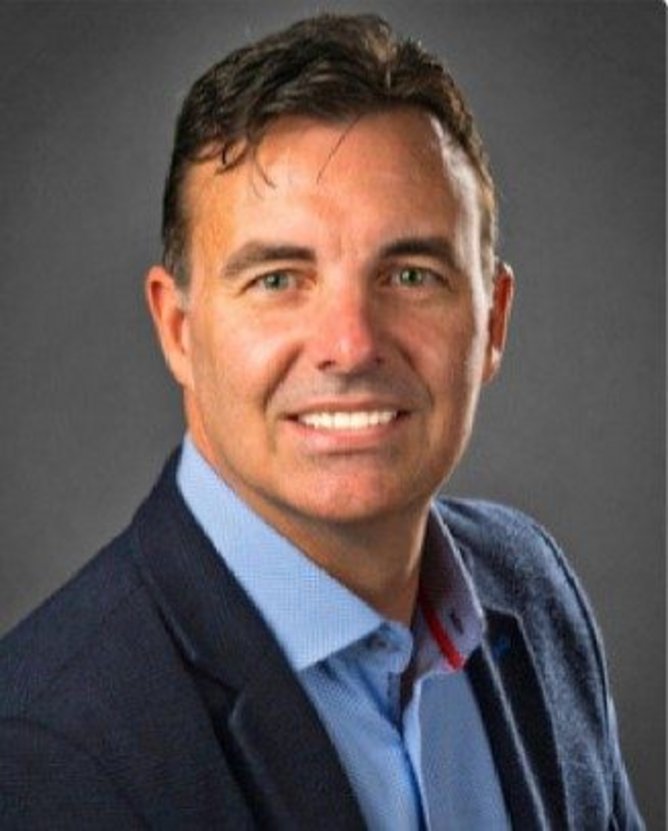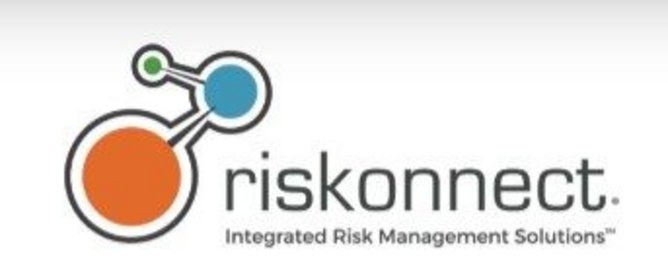Riskonnect guiding light on ESG supply chain risk management


Tell us about your role at Riskonnect
I work as part of our strategy and innovation team. My primary role is to talk with companies across various industries and help connect the dots in terms of how regulations, compliance issues, and more can all be applicable to ESG.
How do you help clients manage supply chain risk?
Supply chains have become more global and incredibly complex over the past decade. There was a mass optimisation movement, whereby many companies moved their supply chains overseas to cut costs.
Then COVID-19 hit and highlighted the drawbacks of that approach. Many businesses did not have the resilience they once had. If a business focuses its manufacturing operations out of a single location or port, the entire supply chain can be interrupted if there is even just one incident.
Organisations also face ESG issues such as forced labour in their supply chains, which can lead to reputational issues. There are also new regulations and compliance considerations, and geopolitical tensions. We help organisations anticipate and manage all these risks.
Can you help avert risk from the war in Ukraine?
A big part of what we do is help organisations improve transparency across third parties and the supply chain. This is key in situations such as what is going on in Ukraine right now.
Most companies have a clear sense of where their tier one suppliers operate, but tiers two and three suppliers are virtually unknown.
Our solution provides deep analytics that identify where risks and dependencies lie so organisations can make the best decisions possible.
Companies that had a large supplier presence in Ukraine, for example, would have been better prepared to optimise their supply base and select new suppliers, to ensure continuity when the crisis hit.
Can you help gauge the risk of Scope 3 emissions?
Gauging the risk of Scope 3 emissions comes back to supply chain transparency and understanding the multiple supplier tiers deep in a supply chain. Our platform gives businesses the functionality to look at their supply base, identify the amount of energy that is going into a facility, and calculate an emissions intensity.
How do you help businesses manage ESG compliance?
The Riskonnect platform helps companies manage all elements of ESG. Many organisations have started pushing for greater supplier diversity and have increased spending with third-party businesses owned by marginalised groups.
What will be the risks of the future to supply
Geopolitical risk is becoming more complicated to manage by the day, and I think this will be the source of the biggest risks facing organisations in the future.
For the past 30 years, we’ve optimised supply chains based on cost and quality. We’ve given less value to the continuity of supply. This is causing problems from an economic standpoint, given political tensions, pandemics, and other risk events that could pop up at any moment.
I expect organisations to continue to build resilience in the face of major geopolitical issues.
Best bit of advice ever given?
That the most important skill you can learn in life is storytelling. This is what connects us as humans. You could have the best ideas in the world, but if you can’t communicate those ideas in a way others can understand, then your ideas won’t take off.
Who inspires you?
Admiral Grace Hopper. She joined the Navy Reserve during WWII and was a pioneer in early computing. There’s one quote of hers I think is so important for companies to consider: “The most dangerous phrase in the English language is, ‘We’ve always done it that way’.”
Such a mentality today for an organisation is a recipe for disaster, and can inhibit growth and performance.







